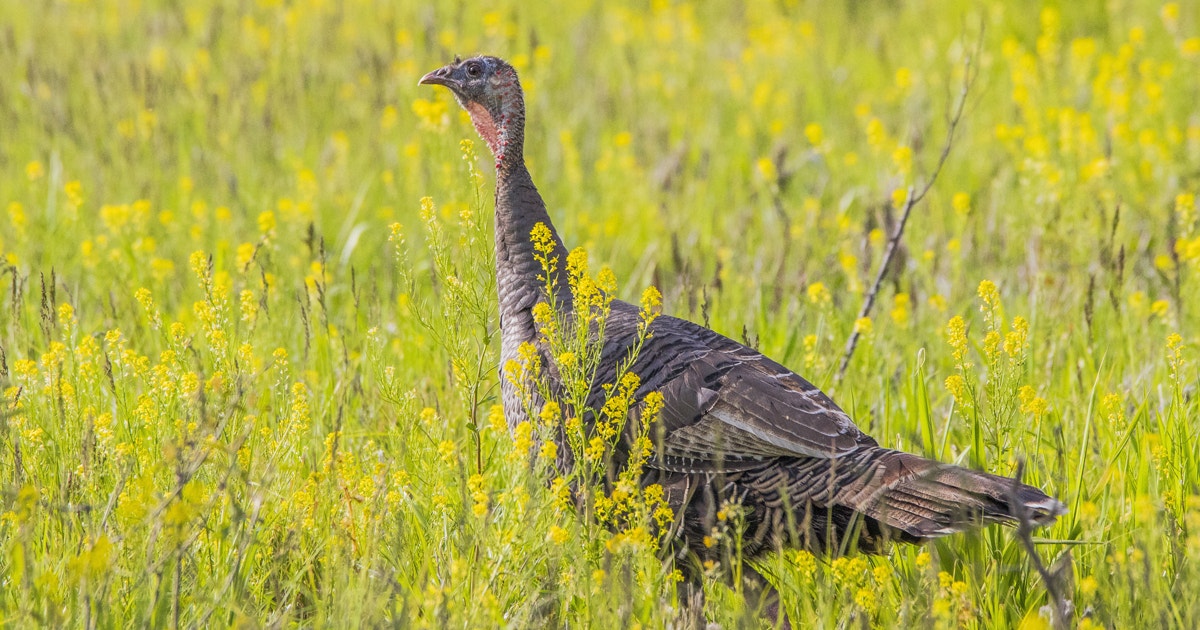WASHINGTON (February 29, 2024) – The America’s Wildlife Habitat Conservation Act, introduced in the U.S. House of Representatives by Representative Bruce Westerman (R-AR), provides funding for wildlife conservation projects at the state and tribal levels. However, it will also repeal critical funding and programs managed by NOAA and the Bureau of Reclamation under the Inflation Reduction Act and Infrastructure Investment and Jobs Act, and more resources are urgently needed than the bill provides to counteract the effects of a growing biodiversity crisis.
“Habitat loss and a changing climate are threatening the habitats of birds and other wildlife across the country, and they need all the help they can get,” said Felice Stadler, vice president of government affairs at the National Audubon Society. “We appreciate Representative Westerman’s engagement in habitat conservation. We hope to see Congress advance legislation with bipartisan support to preserve biodiversity at the scale and urgency that is necessary.”
Related legislation introduced in the Senate — the Recovering America’s Wildlife Act — would help ensure more sufficient and reliable resources through dedicated funding to help conserve and recover thousands of at-risk species. That legislation has broad bipartisan support and would help meet the needs for states and tribes to implement wildlife action plans.
“Investing in wildlife not only helps conserve beloved species, it also means investing in our local economies that benefit from outdoor recreation and healthy bird populations—including birdwatching, a $100 billion dollar industry in the U.S., and which 96 million Americans partake in every year according to the latest survey by Fish and Wildlife Service,” said Stadler. “Bird populations are in decline, and they are depending on much greater resources to conserve the places that they – and we – call home.”
Media contact: Robyn Shepherd, robyn.shepherd@audubon.org
The National Audubon Society protects birds and the places they need, today and tomorrow. A nonprofit conservation organization since 1905, Audubon works throughout the Americas using science, advocacy, education, and on-the-ground conservation. Learn more at www.audubon.org and on Facebook, Twitter and Instagram @audubonsociety.

